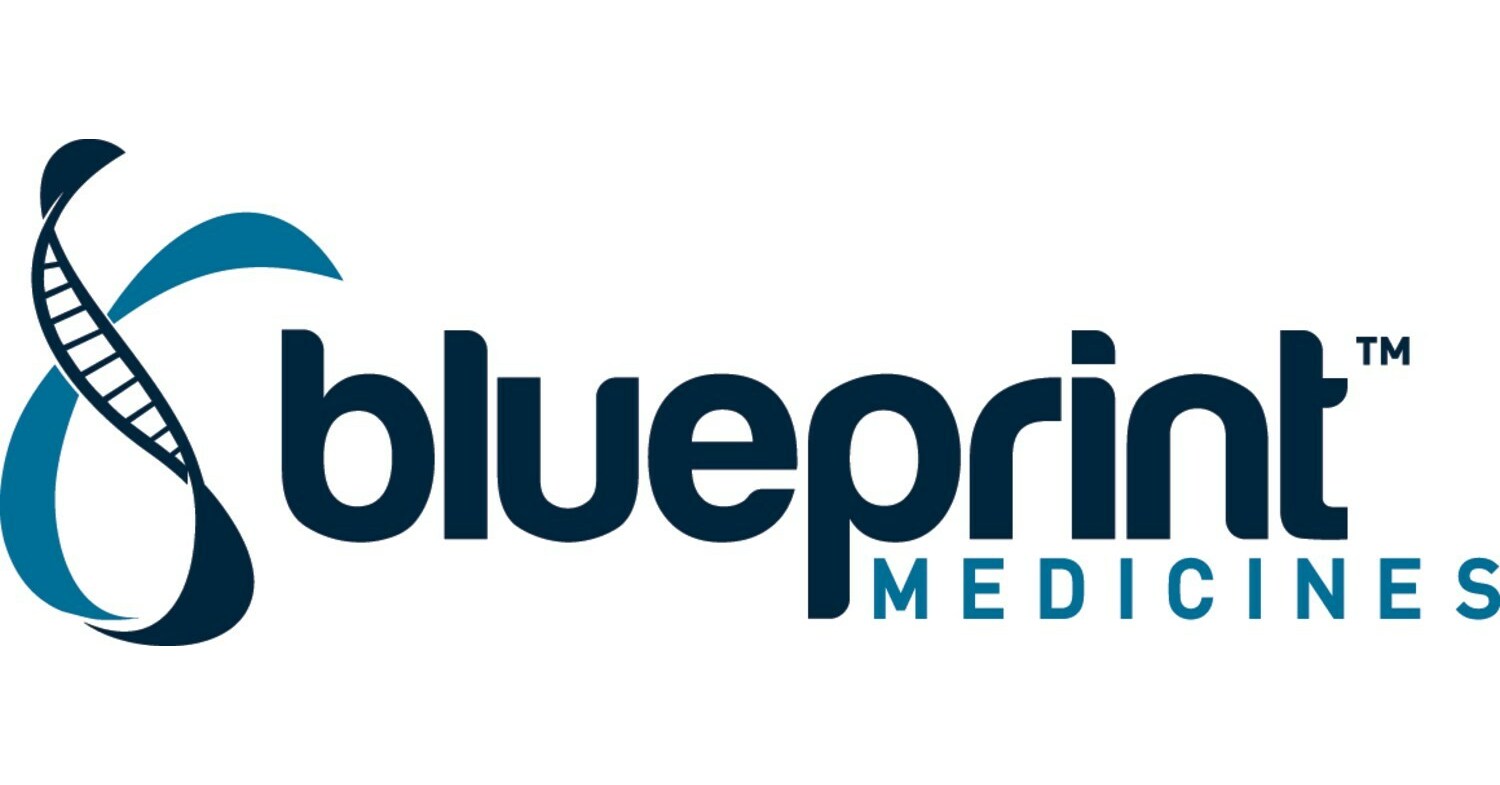NUH also ramps up recycling efforts in key nursing-led initiative as part of its commitment to achieve a 60 per cent recycling rate by 2030
, /PRNewswire/ -- The National University Hospital (NUH) has become the first hospital in the world to receive the Healthcare Sustainability Certification, a landmark recognition awarded by the Joint Commission International (JCI) in collaboration with the International Hospital Federation's Geneva Sustainability Centre (GSC). The certification follows a rigorous assessment using the GSC's Sustainability Accelerator Tool (SAT), which benchmarks sustainability maturity across environmental impact, health equity, and governance[1].
The certification was announced by Ms Grace Fu, Minister for Sustainability and the Environment, during NUH Green Day 2025, the hospital's annual flagship sustainability event highlighting its environmental progress and innovations.
Mr Jeremy Lee, Chief Operating Officer of NUH and Chair of the Sustainability Workgroup leading NUH's green efforts, said, "Sustainability is not a choice in healthcare. It's a responsibility and fundamental to our long-term resilience. At NUH, we believe that every staff member, every operating theatre, and every decision can contribute to a healthier planet. This global recognition affirms our belief that care for our patients and care for the planet must go hand in hand."
"We extend our heartfelt congratulations to the NUH on becoming the first to achieve our prestigious international Healthcare Sustainability Certification," said Jonathan B. Perlin, MD, PhD, President and Chief Executive Officer, The Joint Commission and Joint Commission International. "NUH's leadership in accelerating sustainable practices – through performance assessment, strategic prioritisation, and formal governance – sets a powerful example. Their efforts are making a meaningful impact on their patients, community, and the world."
"NUH's achievement as the first hospital in South-East Asia to receive JCI and GSC's international Healthcare Sustainability Certification marks a significant milestone in advancing sustainable healthcare in the region," said Ron Lavater, Chief Executive Officer of the International Hospital Federation. "This certification reflects not only NUH's commitment to environmental stewardship and resilient healthcare delivery, but also the strength of the collaboration between JCI and the GSC. Together, we are proud to support hospitals like NUH in embedding sustainability into their core strategies through the SAT – setting a powerful example for others across Asia and around the world."
Why sustainability in healthcare matters
NUH's certification reflects its continuous efforts to reduce its environmental footprint in a sector that contributes nearly 5.2 per cent of global greenhouse gas emissions, while facing increasing health impacts from climate change[2]. Some of these efforts include:
- The plastic-lite campus movement has led to a more than 50 per cent reduction in plastic use at pharmacies, saving around 400,000 plastic bags each year. Phasing out plastic bags for staff deskside bins has also saved an additional 200,000 bags annually
- Move towards more environmentally friendly anaesthetic gases, which cuts carbon emission equivalent to taking over 400 cars off the road
- Optimising air exchange rates in operating theatres, which can reduce energy use by up to 40 per cent without compromising safety
Striving towards net-zero emissions by 2045, NUH has reached close to a 30 per cent reduction in waste and more than doubled its recycling rate in 2024 since 2020.
Recycling better
As part of this year's Green Day theme – "Recycle Better" – NUH is also committing to the goal of a 60 per cent recycling rate by 2030.
A new nurse-led Sort-at-Source initiative, in collaboration with the Group Hospitality team, aims to boost waste recycling at the source. The project, piloted in three inpatient wards in May 2025, enables nurses to segregate plastic and paper waste on their medication trolley. Early results include:
- 47 per cent increase in paper recycling
- Over 230 per cent increase in plastic recycling
Set to be rolled out across all NUH wards by end-2025, the initiative is estimated to recover close to 24,000 kg of recyclable waste annually.
"This is sustainability in action, led from the bedside," said Adjunct Associate Professor Karen Koh, Chief Nurse at NUH. "It empowers our nurses to reduce waste and recycle better as part of their routine, without disrupting care. This aligns with our belief of healing our patients while healing the world."
The Sort-at-Source initiative is supported by the Nursing Sustainability Committee (NSC) at NUH, Singapore's first nursing group dedicated to sustainability practices in daily operations. The NSC engages and empowers nurses to champion green initiatives and promote the widespread adoption of new ideas towards sustainability in nursing care.
To engage staff, patients and the public, NUH is also rolling out redesigned recycling bin covers supported by the Ministry of Sustainability and the Environment's Singapore Eco-Fund. Aimed at making recycling more intuitive for individuals, the redesigned covers were piloted in 2023:
- Overall recycling compliance jumped from less than 60 per cent to over 95 per cent in just one month
- The bin covers were created by upcycling existing materials, reinforcing a circular economy approach
A shared commitment with staff-led innovations
Nine projects were recognised in the NUH Incredible Care For Our Planet Awards, honouring staff who drive sustainability through daily operations. This year, there are three platinum and six gold awards across 29 entries.
The winning projects include:
- Campus-wide computer shutdown protocol: Auto-power-down of 2,500 desktop computers in outpatient areas during non-operating hours saved 436,800 kWh annually – equivalent to cooling 243 homes daily for a year, with almost $95,000 in savings
- Repacking surgical trays for knee replacements: Reduced CO₂ emissions by 42.3 per cent, saved 151,800L of water, and cut unnecessary tools
- Antibiotic over-prescription overhaul for wisdom tooth surgeries: Brought usage down by 69 per cent, avoiding 14,700 kg in emissions from pharmaceutical production
- Reuse of anaesthesia breathing circuits: Slashed usage by 60 per cent, avoided 5,400 kg in emissions, and saved close to $40,000
- Digital medical report workflows: Eliminated use of over 166,000 sheets of paper per year
Other winning efforts tackled couch paper overuse, green campus cooling with reflective paint and vegetation, smarter HEPA filter replacements, and night lighting schedules that conserve energy.
"Sustainability only works when it includes everyone," said Mr Lee. "We're proud to lead the way – and even prouder that it's our people who are driving this change."
These whole-of-hospital efforts are aligned with the National University Health System (NUHS) Green Plan Roadmap, which lays out long-term strategies across the public healthcare cluster to reduce waste, cut carbon, and embed sustainability into care delivery and culture.
About the National University Hospital
The National University Hospital (NUH) is Singapore's leading university hospital. While the hospital at Kent Ridge first received its patients on 24 June 1985, our legacy started from 1905, the date of the founding of what is today the NUS Yong Loo Lin School of Medicine. NUH is the principal teaching hospital of the medical school.
Our unique identity as a university hospital is a key attraction for healthcare professionals who aspire to do more than practise tertiary medical care. We offer an environment where research and teaching are an integral part of medicine, and continue to shape medicine and transform care for the community we care for.
We are an academic medical centre with over 1,200 beds, serving more than one million patients a year with over 50 medical, surgical and dental specialties. NUH is the only public and not-for-profit hospital in Singapore to provide trusted care for adults, women and children under one roof, including the only paediatric kidney and liver transplant programme in the country.
The NUH is a key member of the National University Health System (NUHS), one of three public healthcare clusters in Singapore. For more information, visit www.nuh.com.sg
Follow us on
Facebook | Instagram | LinkedIn | TikTok | YouTube
Annex A – NUH Incredible Care For Our Planet Award 2025 Winning Projects
Platinum
1. A.R.I.S.E – TKR: Repacking of Instruments and Sterile Equipment in Total Knee Replacement (TKR) Surgery
Project to optimise surgical instrument trays for TKR surgeries, collaborating with industry leaders and clinicians. Through a three-month trial, they reduced unnecessary instruments, improving operating room efficiency and surgical workflow. This initiative decreased CO₂ emissions by over 42 per cent, saved over 1,000 annual man-hours and 151,800L of water yearly, and reduced costs by more than $22,000 in utilities and manpower.
2. Powering Down for a Greener Future: NUH's Auto-Shutdown
A campus-wide energy conservation initiative implemented auto-shutdown for 2,500 desktop computers in outpatient areas during non-operating hours. Collaborating with various departments, the team established suitable shutdown timings with user override options. The phased rollout included comprehensive staff communication. Results show annual energy savings of 436,800 kWh, equivalent to powering air-conditioners in 243 Singaporean households for 8 hours daily for a year. The project achieved almost $95,000 in annual cost savings.
3. Lights Out, Savings Up
An energy-saving initiative that involved restructuring housekeeping schedules and implementing partial lighting in outpatient areas. Previously, all levels were cleaned concurrently with lights on from 7 p.m. to 1 a.m. The new approach involves level-by-level cleaning, shifting some tasks to daytime, and switching off lights in unoccupied areas. The project underwent several weeks of trials and adjustments. The initiative results in daily energy savings of 480 kWh, translating to over 178,000 kWh annually, while maintaining operational efficiency and safety.
Gold
1. Enhancing Environmental Sustainability in Specialist Outpatient Clinics (SOCs): Reducing Couch Paper Usage
A waste reduction initiative in SOCs to decrease couch paper usage. Through collaboration between Service Operations, Nursing, and Infection Prevention, a matrix was developed to guide appropriate usage across various scenarios. The project achieved significant results: over 500 kg CO₂e reduction in six months, almost 20 per cent reduction in monthly couch paper consumption (137 rolls), and over 12,000m² of paper surface area saved. Additionally, 44 per cent of low-risk areas completely eliminated couch paper use. This initiative successfully minimised environmental waste while maintaining hygiene standards and patient safety.
2. Electronic Paperless Workflow for Medical Report Requests: Digitalising and Optimising Process
A project was initiated to digitise the medical report request process, which previously handled over 20,000 paper-intensive requests annually. Utilising the EPIC System and NUHS App, the team implemented an end-to-end digital workflow across NUH, Ng Teng Fong General Hospital (NTFGH), and Alexandra Hospital (AH) for insurance companies, law firms, and patients. The new system ensures data security through password encryption and maintains stakeholder communication to ensure compliance. Results include annual savings of over 166,000 pieces of A4 paper (equivalent to 20 trees) and a reduction of approximately 833 kg of CO₂e.
3. Streamline High-Efficiency Particulate Air (HEPA) Checklist for Efficient Filter Replacement in Operating Theatre
A project was initiated to eliminate unnecessary materials used in the biennial HEPA filter replacement process for operating theatres. The team implemented a HEPA checklist and enhanced infection control measures, replacing the need for an ante room constructed with plywood and excessive plastic sheeting. Coordinated efforts between Infection Control and Groups Facilities Management, along with vendor input, ensured a sterile environment during the process. Results include savings of 20L each of water and chemicals across operating theatres, significant plywood cost savings, and reduced paper usage through digital communication methods.
4. Protect Our Patients and Environment by Reducing Antibiotic Prescriptions After Wisdom Tooth Surgeries: To Address Overprescription of Antibiotics for Wisdom Tooth Surgeries
A project to address the overprescription of antibiotics for wisdom tooth surgeries, which previously stood at around 84 per cent of patients. The team implemented new guidelines, educational materials for clinicians and patients, and a compliance tracking system. As a result, antibiotic prescription rates were brought down to 69 per cent, while maintaining a low infection rate of 0.83 per cent. The initiative led to cost savings, reduced waste, and lowered risk of antibiotic resistance. Additionally, it achieved a reduction of 14,700 kg CO₂ emissions from decreased antibiotics production.
5. Breathing Green: Improving Anaesthesia Practices in Singapore through Reusing Breathing Circuits
A project was initiated to reduce the frequency of anaesthesia breathing circuit changes in Singapore, aligning with international guidelines recommending weekly rather than daily changes. Implemented across all three operating theatre complexes in NUH, the project maintained patient safety while significantly reducing waste. Results include a 60 per cent reduction in breathing circuit usage, 5,400 kg CO₂ emissions avoided, and close to $40,000 saved.
6. A Cool NUH: Strategies to Cool and Green NUH Campus
A project was implemented to combat the urban heat island effect and improve thermal comfort on the NUH campus. The initiative involved applying cool paint on metal roofs of key buildings, installing green mats over walkways, and creating community gardens. Results show significant temperature reductions: green mats lowered temperatures by ~8°C for ~11 hours daily, cool paint reduced ambient temperatures by up to 20°C compared to surface temperatures, and community gardens contributed to cooling through increased vegetation cover. This multi-faceted approach effectively addresses heat management across the campus.
[1] The Healthcare Sustainability Certification is based on the Geneva Sustainability Centre's Sustainability Accelerator Tool, which evaluates organisations against 23 core indicators across emissions, waste, leadership, and governance. Hospitals must submit data for 19 indicators, benchmark performance globally, and complete a virtual surveyor review to validate outcomes. For more information, visit: jointcommissioninternational.org/what-we-offer/certification/healthcare-sustainability-certification-lp/ |
[2] Romanello, Marina et al. "The 2022 report of the Lancet Countdown on health and climate change: health at the mercy of fossil fuels." Lancet (London, England) vol. 400,10363 (2022): 1619-1654. doi:10.1016/S0140-6736(22)01540-9 |
SOURCE National University Hospital

WANT YOUR COMPANY'S NEWS FEATURED ON PRNEWSWIRE.COM?
![]()
440k+
Newsrooms &
Influencers
![]()
9k+
Digital Media
Outlets
![]()
270k+
Journalists
Opted In
.png)
 German (DE)
German (DE)  English (US)
English (US)  Spanish (ES)
Spanish (ES)  French (FR)
French (FR)  Hindi (IN)
Hindi (IN)  Italian (IT)
Italian (IT)  Russian (RU)
Russian (RU)  1 day ago
1
1 day ago
1







Comments